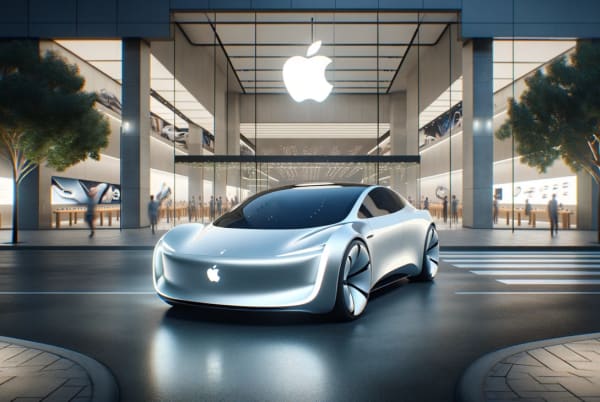The Future of Electric Vehicles: A Comprehensive Exploration
Electric vehicles (EVs) are poised to transform the automotive industry and shape the future of transportation. With their potential for reduced emissions, increased efficiency, and improved driving performance, EVs are rapidly gaining traction among consumers and automakers alike. This article delves into the latest advancements, challenges, and opportunities surrounding the future of electric cars and trucks.

Advancements in Battery Technology
Battery technology plays a crucial role in the performance and practicality of EVs. Significant advancements have been made in this area, leading to batteries with higher energy density, longer lifespans, and faster charging capabilities.

* Solid-state batteries: These batteries use solid electrolytes instead of liquid or gel electrolytes, offering the potential for even higher energy density, longer ranges, and improved safety.
* Graphene-based batteries: Graphene, a thin and lightweight material, is used as an electrode in these batteries, enhancing conductivity and charge storage capacity.
* Wireless charging: Wireless charging systems enable EVs to be recharged without the need for a physical connection to a charging station. This technology is still in its early stages but holds promise for increased convenience.
Increased Range and Charging Infrastructure

One of the major concerns regarding EVs has been their limited range compared to gasoline-powered vehicles. However, manufacturers are addressing this issue by developing vehicles with larger battery packs and improving powertrain efficiency.
* Range anxiety: To alleviate range anxiety, charging infrastructure is expanding rapidly, with charging stations becoming more accessible in both urban and rural areas.
* Ultra-fast charging: Ultra-fast charging stations can replenish EV batteries in a matter of minutes, significantly reducing charging time.
* Battery swap stations: Battery swap stations allow EV owners to quickly exchange their depleted battery for a fully charged one, eliminating the need for lengthy charging sessions.
Enhanced Driving Performance
EVs offer several advantages in terms of driving performance compared to traditional gasoline vehicles.
* Instant torque: Electric motors provide instant torque, delivering impressive acceleration and responsive handling.
* Reduced noise and vibration: EVs produce significantly less noise and vibration than internal combustion engines, creating a more comfortable and relaxing driving experience.
* Regenerative braking: EVs use regenerative braking to capture energy that would otherwise be lost during braking, increasing efficiency and extending range.
Adoption Challenges and Opportunities
While EVs hold immense potential, they still face certain challenges that need to be addressed for wider adoption.
* Cost: The upfront cost of EVs remains higher than gasoline-powered vehicles, creating a financial barrier for some consumers.
* Charging access: In some areas, access to charging infrastructure may still be limited, especially in rural regions.
* Battery life and replacement: Battery lifespan is a key consideration, and replacement costs can be substantial.
Despite these challenges, there are significant opportunities for EVs to gain market share in the coming years.
* Government incentives: Many governments offer tax credits, rebates, and other incentives to encourage the purchase of EVs.
* Fleet transition: Large fleets, such as ride-sharing services and delivery companies, are increasingly adopting EVs to reduce operating costs.
* New market entrants: Startups and established technology companies are entering the EV market, introducing innovative designs and technologies.
Truck Electrification
Electric trucks are gaining increasing attention as a solution to decarbonize heavy-duty transportation.
* Battery and powertrain challenges: Electrifying large trucks presents significant challenges due to weight, range, and fast-charging requirements.
* Commercial viability: The economic viability of electric trucks is still being evaluated, with factors such as battery costs and charging infrastructure influencing adoption.
* Government and industry partnerships: Governments and industries are collaborating to accelerate the development and deployment of electric trucks.
Autonomous Electric Vehicles
The future of electric vehicles is intertwined with the development of autonomous technology.
* Increased safety: Self-driving EVs have the potential to reduce accidents by eliminating human error.
* Enhanced convenience: Autonomous EVs can free up time for drivers to engage in other activities.
* Improved efficiency: Autonomous EVs can optimize routing and speed, leading to increased energy efficiency.
The future of electric vehicles is poised for transformative change. Advancements in battery technology, increased range and charging infrastructure, enhanced driving performance, and government incentives are driving the adoption of EVs by consumers and businesses alike. While challenges such as cost, charging access, and battery lifespan remain, the potential benefits of EVs are undeniable. As technology continues to improve and market barriers are overcome, EVs are poised to reshape the automotive industry and redefine the future of transportation.
